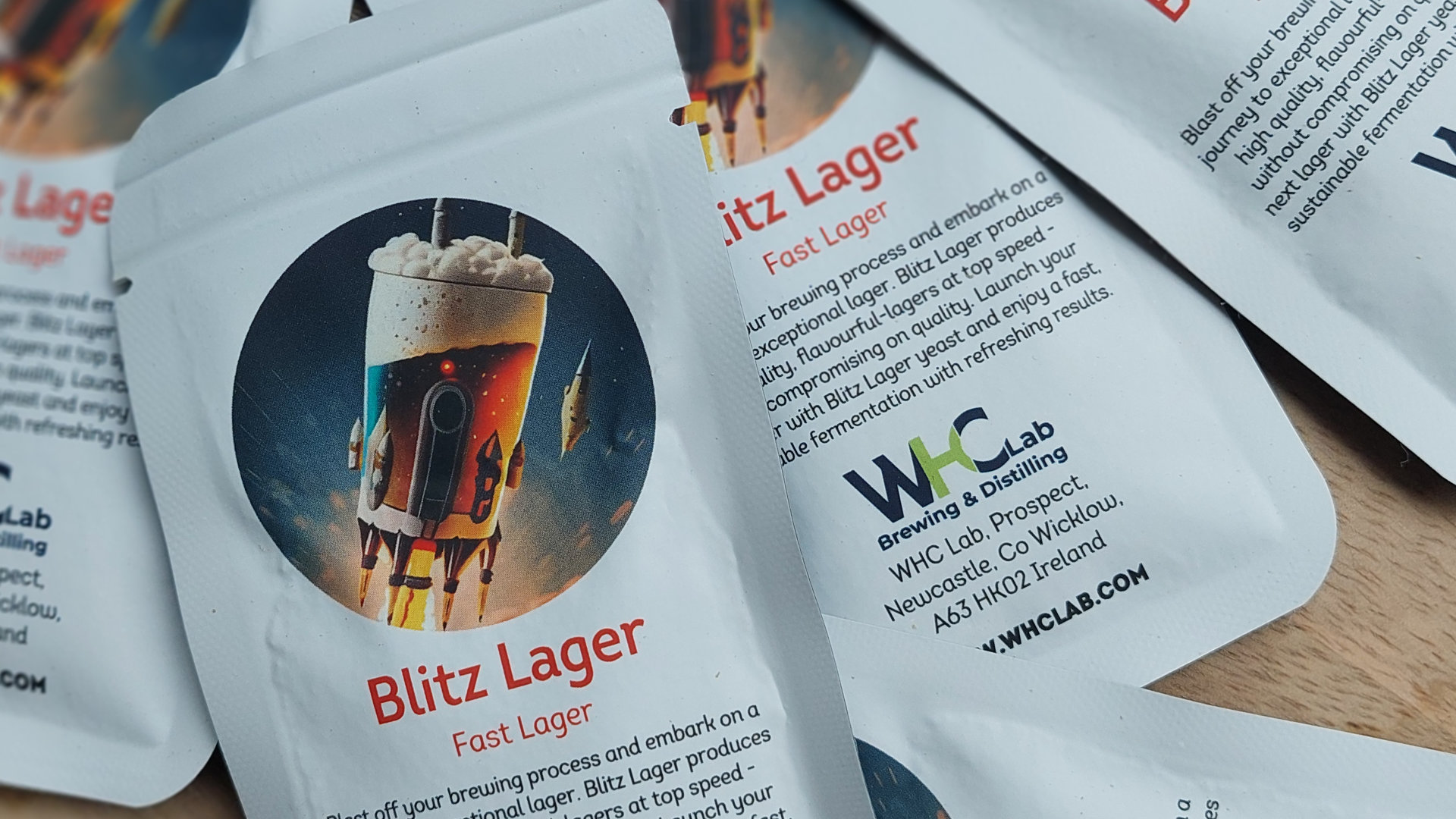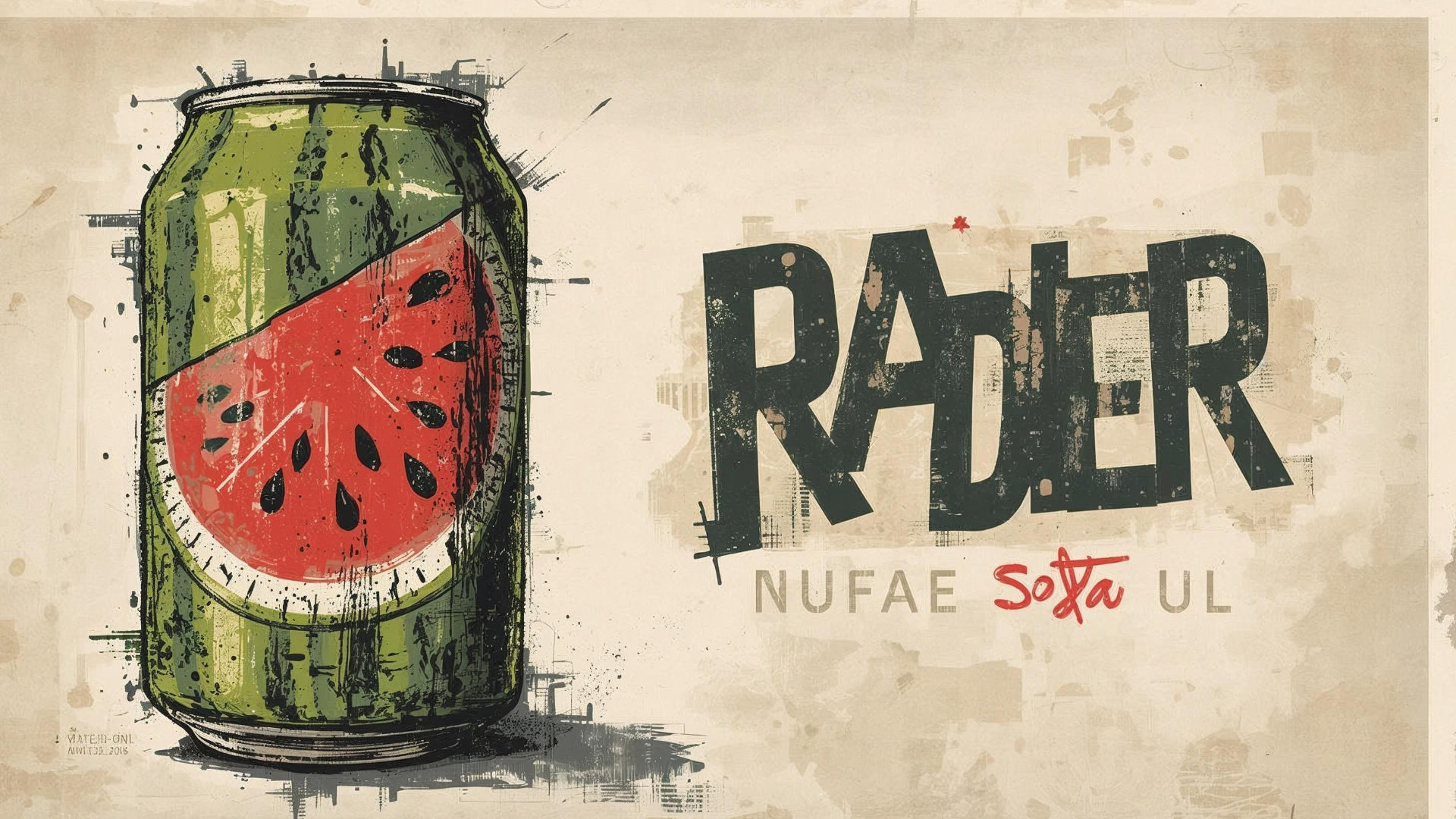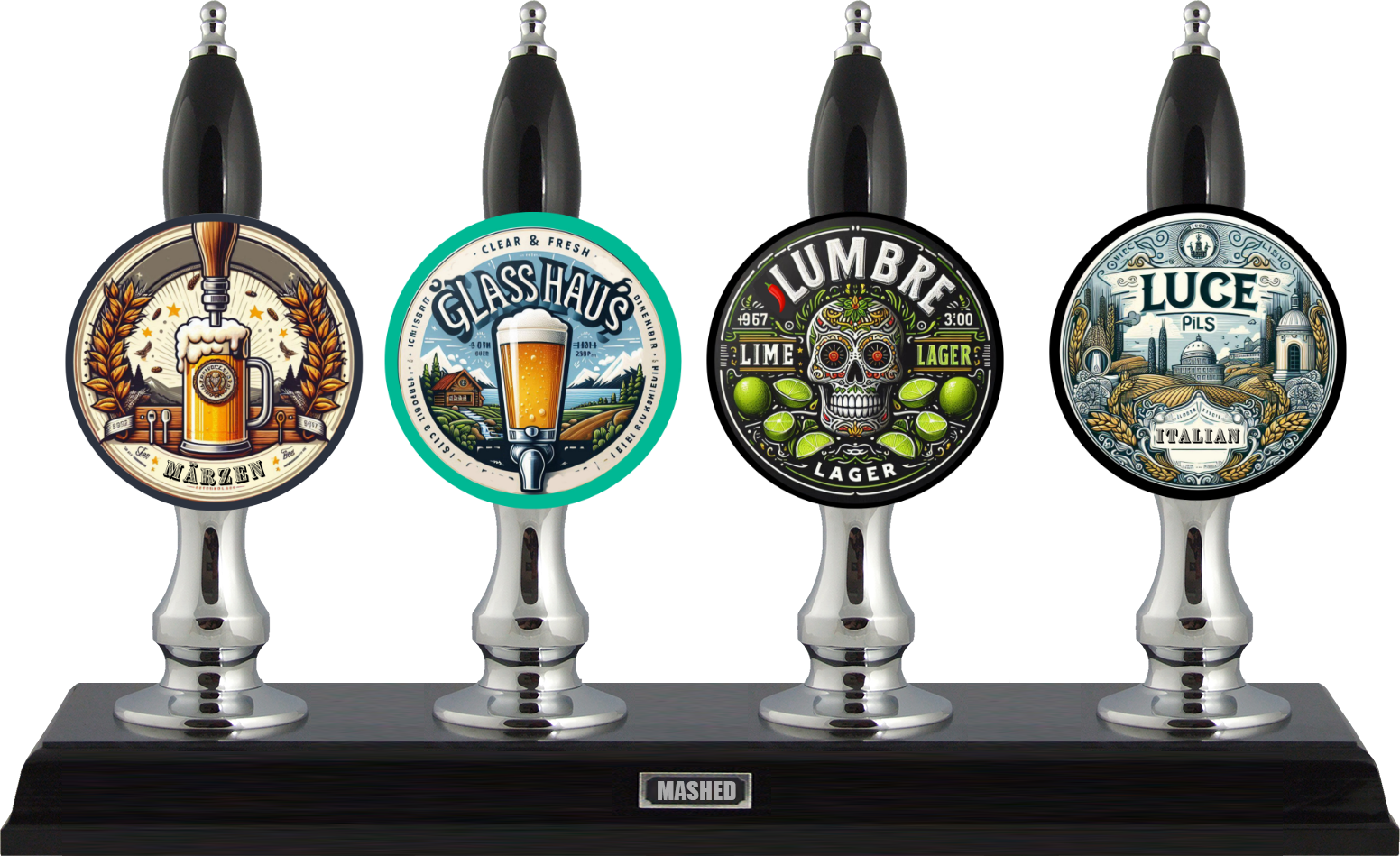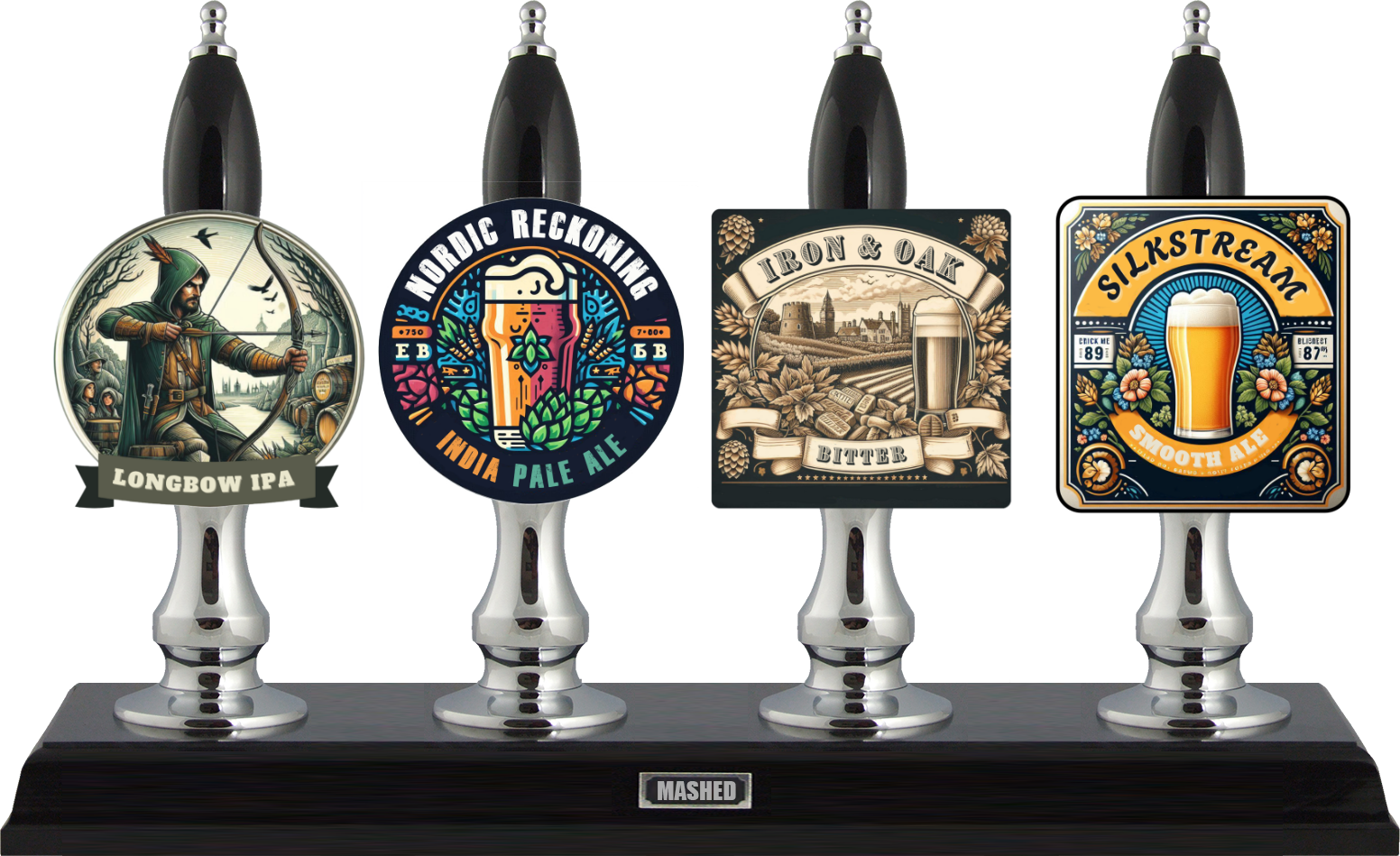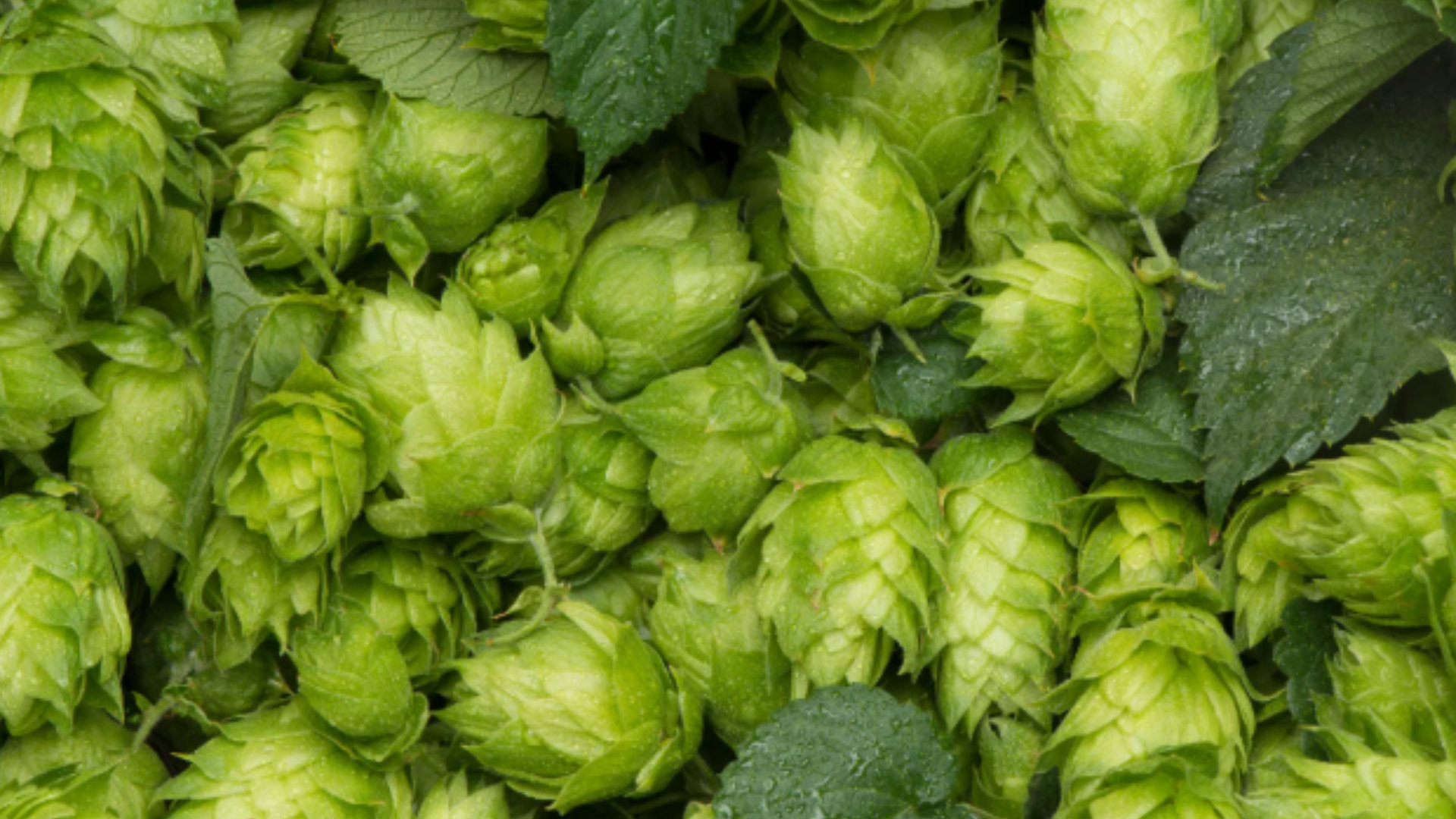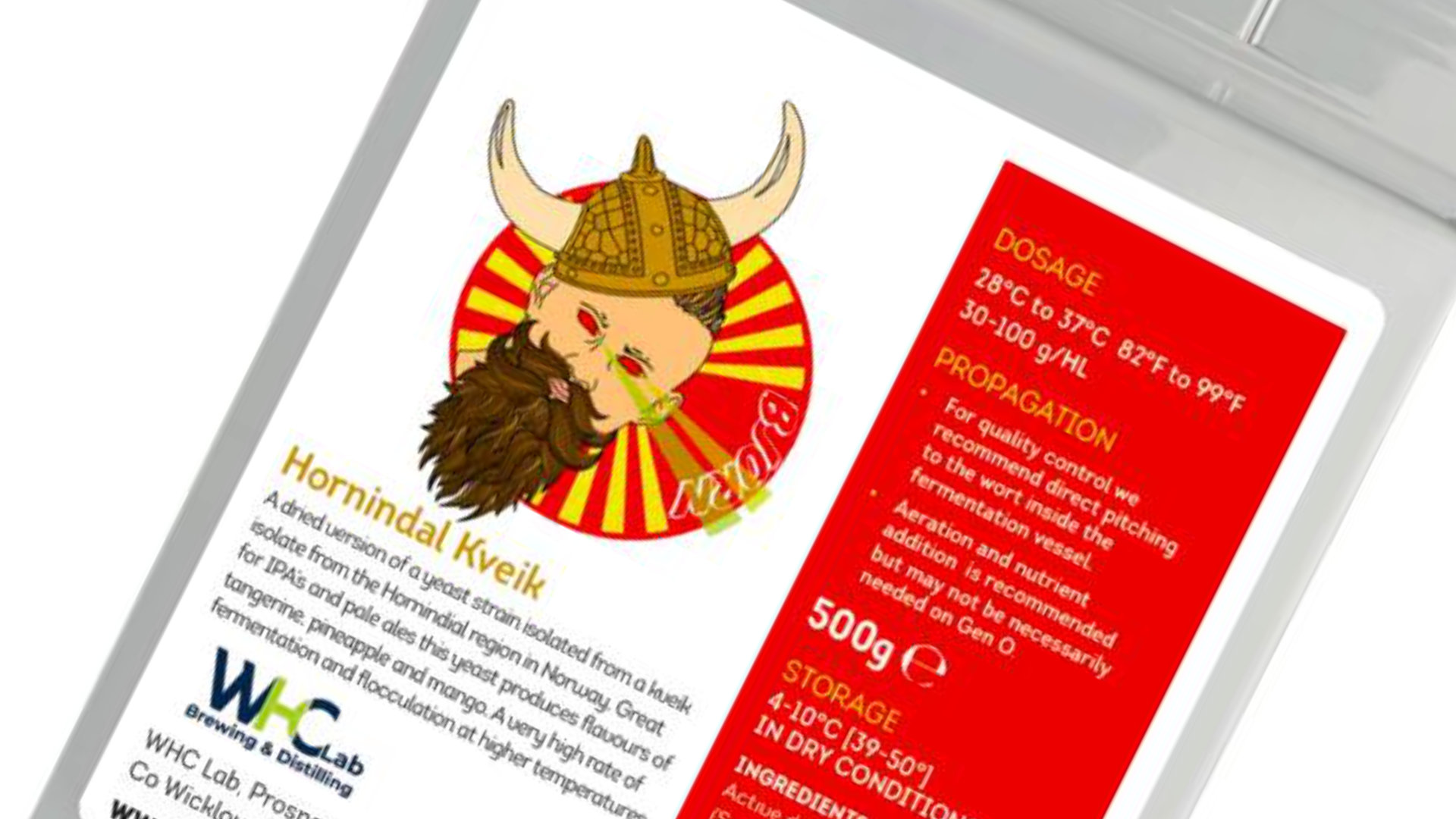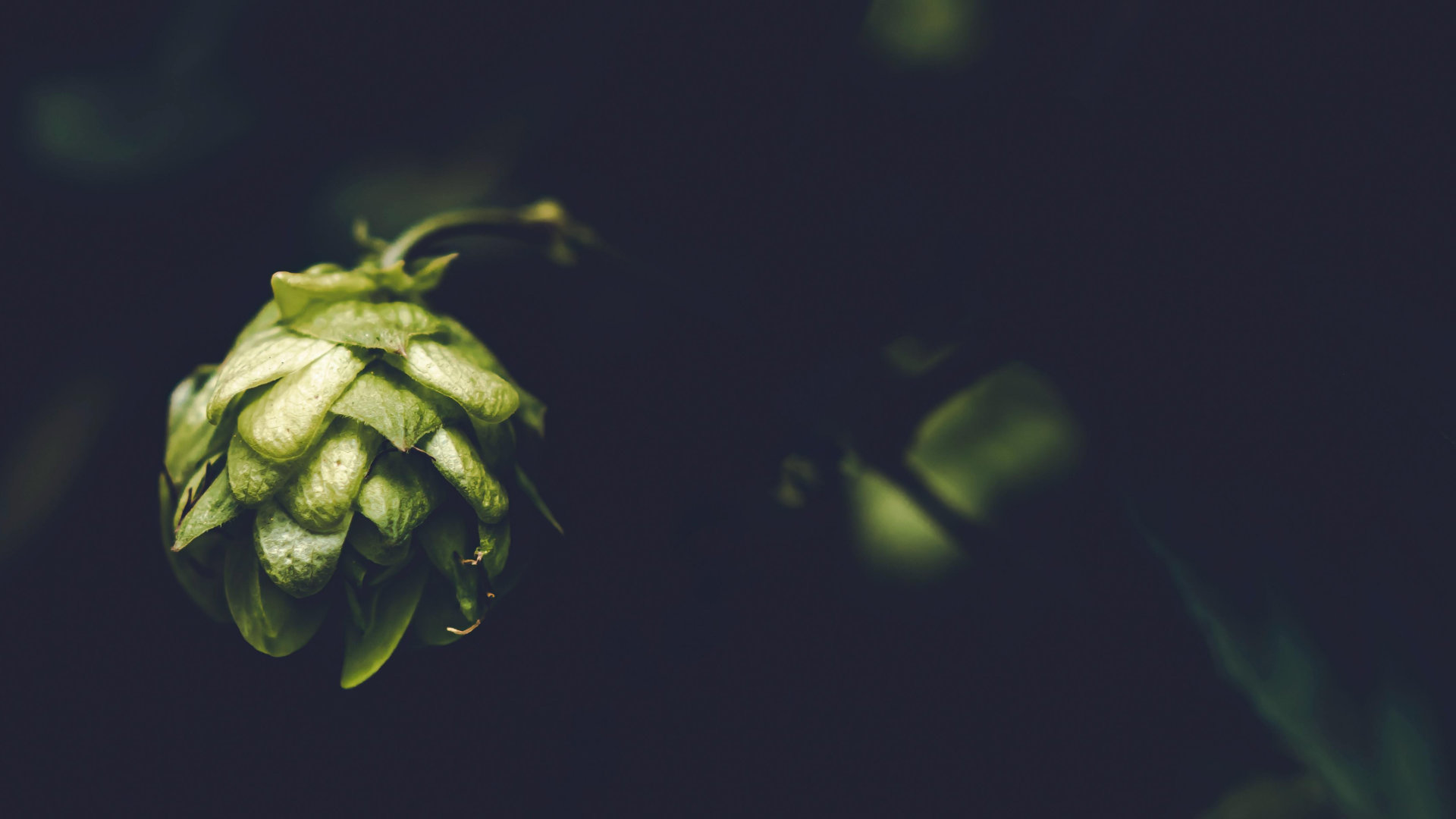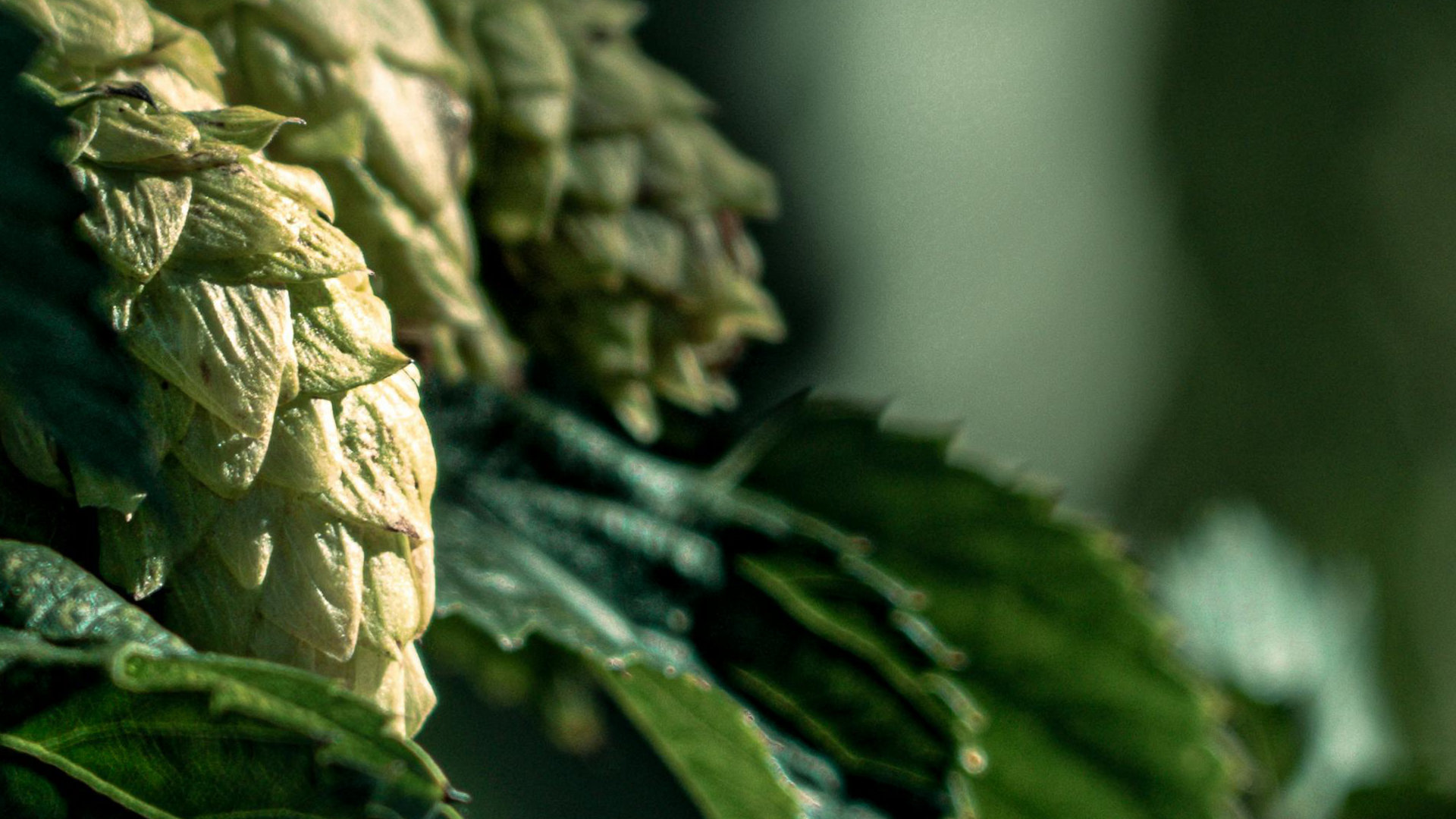Belgium based maltsters Belgomalt are bringing barley home. And they know a thing or two about Pilsen malts. We’ll let them explain.
Here at Belgomalt we strive to move the old-fashioned malt business into a progressive and inspiring one, ready to tackle the topics the new generation of brewers believe in. We believe in the power of a local supply chain. Agriculture and farmers are essential for current and future life. We acknowledge this and try to support farmers in the best possible way.
Malting is something that is in our blood. We have been doing it for quite a long time, with success. But we are not satisfied yet. We want to look ahead and make new malts that will keep the next generation’s beer drinkers awake with interesting new experiences!
Pilsen malt is the most commonly used malt in Belgium and Germany, used to make styles ranging from Pilsen to Trappist beers. Some of the most well known Belgian ales are made with 100% Pilsen malt (Duvel, Westmalle tripel, Omer…) The most commonly used variety to make good Pilsen malt is 2-row spring barley like Planet and Laureate. The malt is commonly very low in colour and high in enzymatic power. It is generally slightly less modified than UK pale ale malts since we have to keep the low colour. Also, the soluble proteins cannot be too high since in Belgium and Germany we like to have a large and long lasting head on our beers. For this we need enough non solubilized proteins. So in summary: a low colour, not over modified but high enzymatic malt that has a great yield and gives very low colours to your beer.
Pure Local Pilsen
Together with 9 motivated local farmers, Belgomalt is bringing brewing barley back to Belgian soils. Local sourcing is key and this high quality malted barley is no exception.
With Pure Local, we step away from the French grain exchange prices. We give our farmers a substantial premium so that they are assured of their price for several years and can structurally build on the growth of malting barley on their fields.
They use this premium to invest in the transition to regenerative agriculture practices. In a period of three years they can change their fields from conventional to regenerative. In doing so, they protect the soil, promote biodiversity and capture more CO2 than they emit. A fully regenerative field can remove up to 2 tons of carbon dioxide per hectare per year from the air. This is +/- 20% of the annual emissions of an average Belgian. Per 5 hectares of fully regenerative field, the CO2 emissions of 1 Belgian are thus neutralised.
TYPICAL PROFILE: 2.5 – 4.5 EBC.
TYPICAL BEER STYLES: Pale Lagers, Pilsner Lagers, Ale
TYPICAL USAGE RATES: Up to 100%
Pilsen Malt
The finest European malting barley malted in our Gembloux malt house in Belgium to produce a robust pale base malt, with slightly less modification than our Ale Malt, resulting in a malt with the ideal protein content for head formation and strong enzymatic activity for good finishing out.
TYPICAL PROFILE: 2.5 – 4.5 EBC.
TYPICAL BEER STYLES: Pale Lagers, Pilsner Lagers
TYPICAL USAGE RATES: Up to 100%
Vienna Malt
Vienna Malt is made with much the same process as pilsner lager malt with kilning at slightly higher temperatures for flavour and colour development.
TYPICAL PROFILE: 10-12 EBC. A rich, aromatic malt that will lend a deep colour and full flavour to your beer.
TYPICAL BEER STYLES: European Golden Lagers, Pilsner Lager, Vienna Beer.
TYPICAL USAGE RATES: Up to 100%


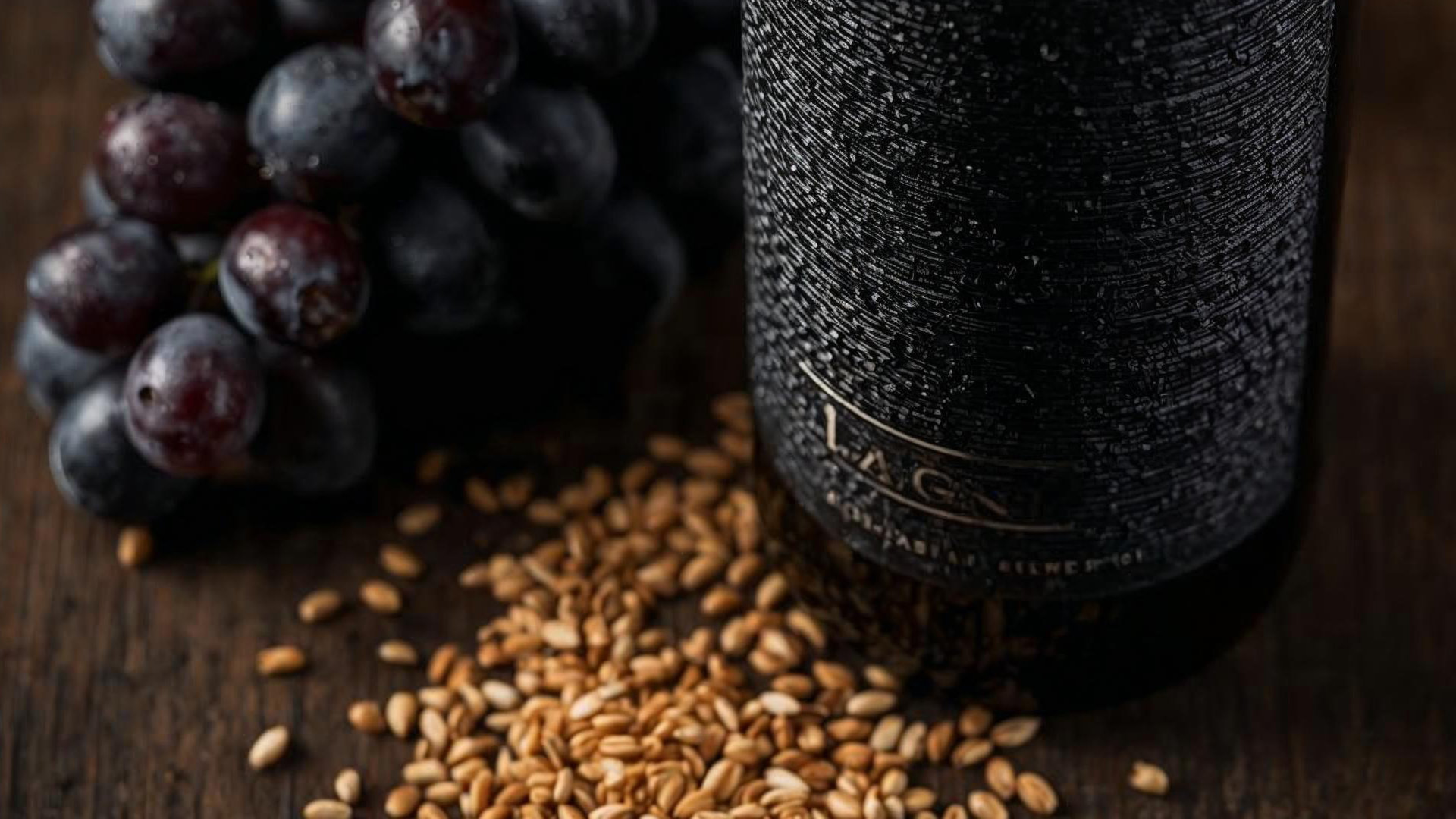
.jpg)
